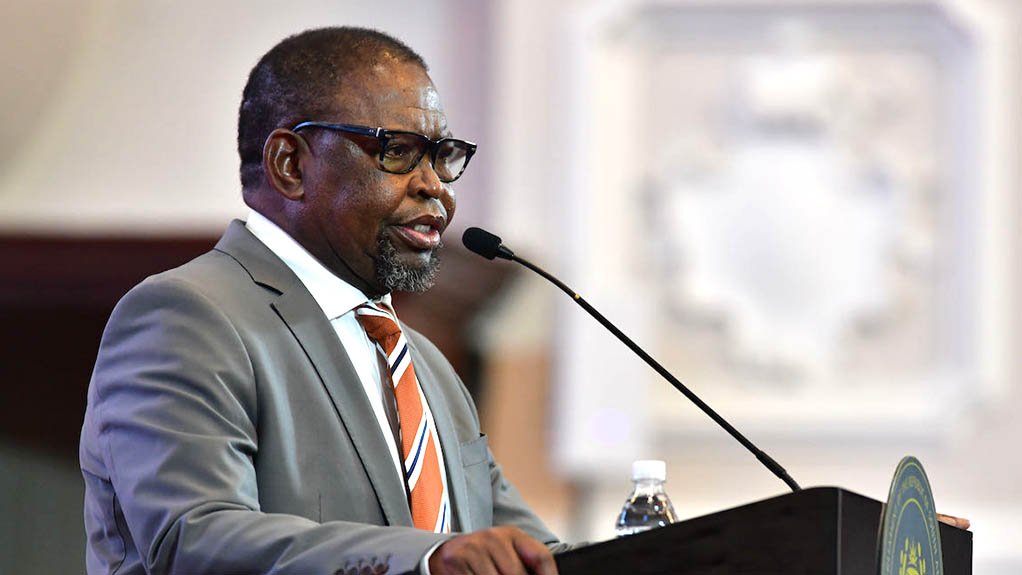The South African government, which is being forced to sell ever more debt than planned because it’s spending more than it makes, is unlikely to reverse this spiral any time soon - especially not ahead of an election, economists say.
It emerged in the medium-term budget that over the next three years, the state will have to borrow more, issuing debt at an average of R552.7-billion a year to finance the widening gap between expenditure and tax collection, to refinance maturing bonds and to fund the Eskom debt-relief arrangement.
A combination of treasury bills (short-term debt instruments), Sukuk (Sharia-compliant or Islamic bonds), debt and floating-rate notes will likely fill the shortfall, according to bond manager Futuregrowth.
Finance Minister Enoch Godongwana said there were plans to cut state spending and that more cuts would be announced next year. But increased debt sales can’t wait. While SA’s borrowings are skewed toward long-term domestic, rand-denominated bonds, the new sales will be in foreign currencies and this brings its own risks. If the rand weakens, this will increase the amount that has to be repaid.
Anchor expects Treasury to issue dollar-denominated bonds worth around $500-million (R9-billion) to $750-million (R13.5-billion), says Nolan Wapenaar, co-chief investment officer of Anchor Capital.
South Africa has issued dollar bonds for many years now, says Wapenaar. "But we are concerned that the quantum of offshore debt appears to be accelerating."
"We have higher inflation differentials from the US and the EU, so you can expect the rand to depreciate, said Rhandzo Mukansi, head of interest rate process at Futuregrowth, who added that the way to stop SA suffering higher and higher debt levels would be for the state to make tough policy choices.
Election Effect
"We understand the need for social spending, but that won’t lead to growth. We need the economy growing at 3% to 3.5% a year. But we’re not going to get a lot of momentum on cost cutting prior to an election. There won’t be massive austerity," Mukansi said.
In addition, economists have said that the R15-billion in extra taxes to be levied next year isn’t that much and could be raised without major changes.
"The additional R15-billion is likely to come from no change to tax brackets to account for bracket creep - the effect of higher inflation on earnings," Investec chief economist Annabel Bishop said.
When government does not increase tax brackets by at least the inflation rate, taxpayers who receive salary increases in line with inflation are pushed into higher tax brackets, meaning they will pay more tax.
Mukansi also thought that tax brackets were an option and added that there could be an adjustment to the fuel levy, with there still being "low-hanging fruit" for the state to choose from to boost its revenue collection.
While this means that the relative few who work in the formal sector and pay taxes will foot the bill, the government will be able to avoid more unpopular measures, such as increasing value-added tax. For embattled middle-class citizens and the poorest people in the country, the outlook may not be as bad as it could have been if government was talking true austerity and major cost-cutting, but it means the longer-term outlook will worsen for everyone.
Runaway Train
"South Africa’s rand-denominated redemptions [bond repayments] have averaged R33-billion per annum over the past five years; however, over the next five years it will average R130-billion per annum," Kim Silberman, economist and macro strategist at Matrix Fund Managers said in a note.
"And, five years after that, out to 2031, the amount of local currency debt maturing will rise to R250-billion per annum. This is cause for concern, considering SA runs a budget deficit of between R300-billion and R400-billion, which means not only do we need to raise debt to pay down maturing debt, but SA also needs to raise debt to pay its annual bills," according to Silberman.
"This runaway train is accelerating exponentially and, unfortunately, our National Treasury has less and less control over the budget."
EMAIL THIS ARTICLE SAVE THIS ARTICLE
To subscribe email subscriptions@creamermedia.co.za or click here
To advertise email advertising@creamermedia.co.za or click here











